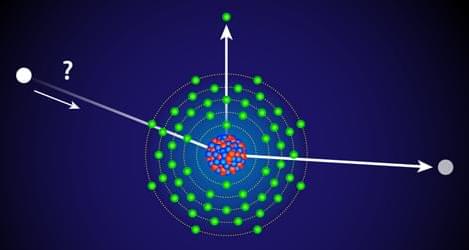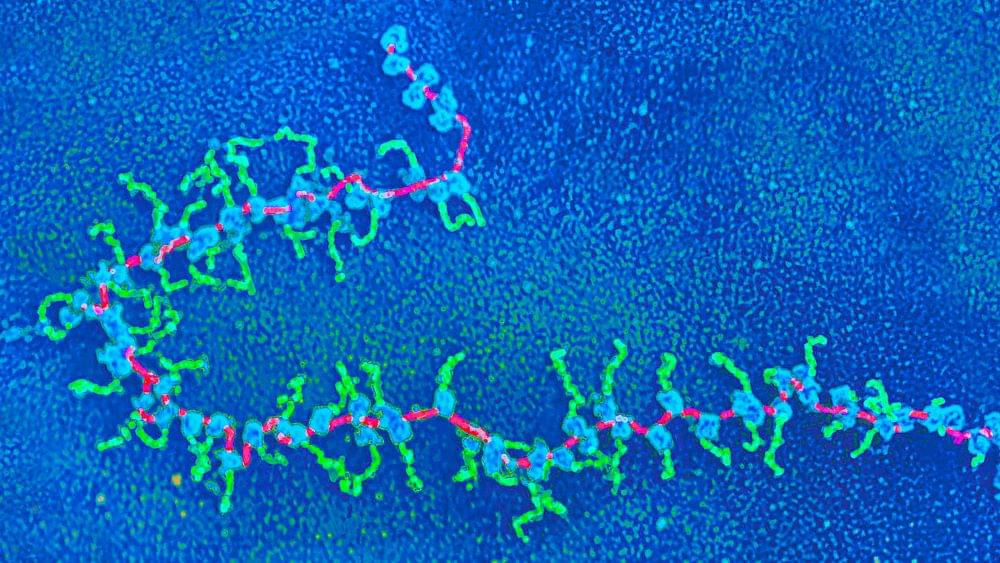Today, Deep Longevity, a company will launch its new software as a service (SaaS) antiaging platform, SenoClock. The culmination of years of biogerontological research, SenoClock will host all of Deep Longevity’s patented aging clocks that may be used in clinical practice and other healthcare-adjacent industries.
Aging clocks available on the platform will allow its users to receive comprehensive and actionable pace of aging reports based on various data types, such as blood tests, psychological surveys, gut flora composition and more.
Longevity. Technology: Hospitals and clinics are mostly reactive when it comes to treatment, a practice that is partly due to infrastructure and partly due to human nature. However, as we discussed in our interview with Sir John Bell earlier this week, prevention must be the new paradigm and its one that better serves individuals, healthcare systems and populations as a whole. Deep Longevity’s new product SenoClock unlocks a preventive, longevity-focused mode of healthcare; a new SaaS platform, SenoClock offers physicians a single portal in which to track the aging rate of their patients, enabling them to generate personalised health plans.






